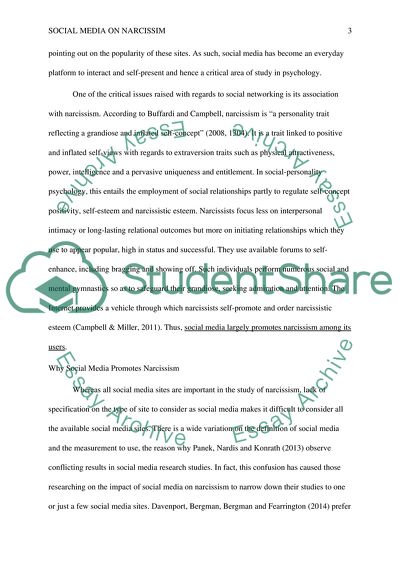Cite this document
(Effects of Social Media on Narcissism Coursework Example | Topics and Well Written Essays - 1750 words, n.d.)
Effects of Social Media on Narcissism Coursework Example | Topics and Well Written Essays - 1750 words. https://studentshare.org/media/1866134-social-media-and-the-link-to-narcissism
Effects of Social Media on Narcissism Coursework Example | Topics and Well Written Essays - 1750 words. https://studentshare.org/media/1866134-social-media-and-the-link-to-narcissism
(Effects of Social Media on Narcissism Coursework Example | Topics and Well Written Essays - 1750 Words)
Effects of Social Media on Narcissism Coursework Example | Topics and Well Written Essays - 1750 Words. https://studentshare.org/media/1866134-social-media-and-the-link-to-narcissism.
Effects of Social Media on Narcissism Coursework Example | Topics and Well Written Essays - 1750 Words. https://studentshare.org/media/1866134-social-media-and-the-link-to-narcissism.
“Effects of Social Media on Narcissism Coursework Example | Topics and Well Written Essays - 1750 Words”. https://studentshare.org/media/1866134-social-media-and-the-link-to-narcissism.


